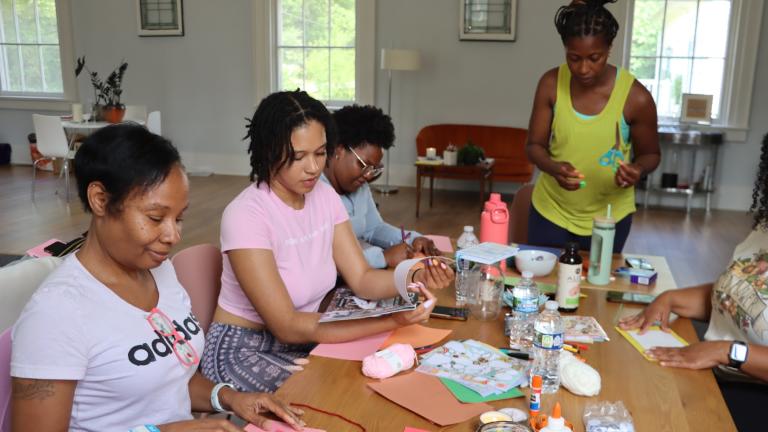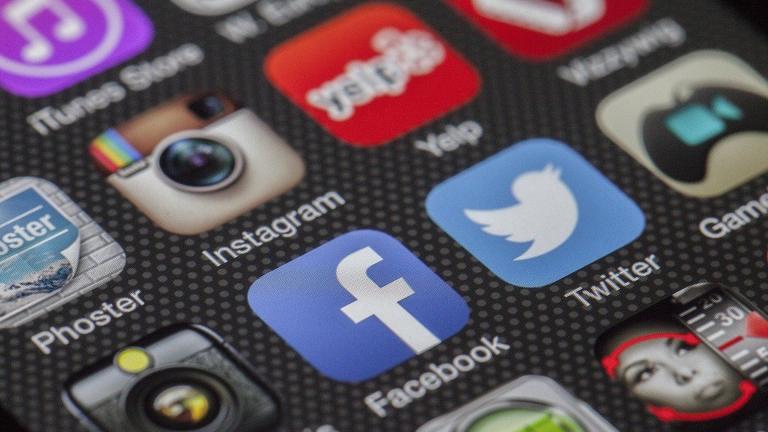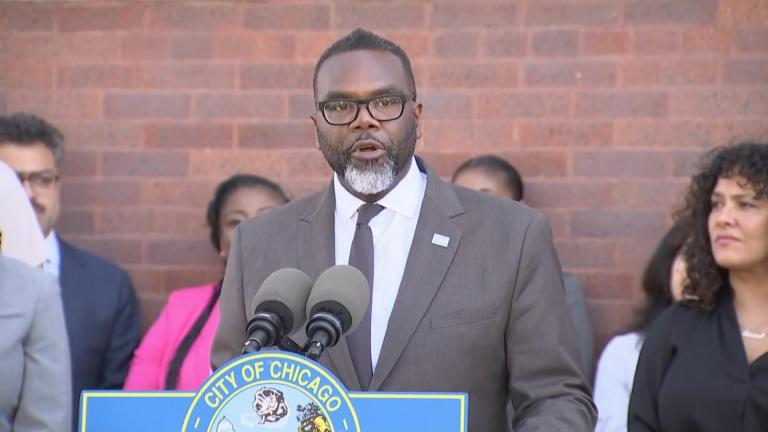For some people, adjusting to daylight saving time is as simple as changing the clock on your oven.
But the adjustment can leave others feeling foggy and tired. And in some extreme cases, it can lead to a spike in car crashes.
“It’s only an hour, but it does seem to have a noticeable effect and that’s because we all have biological clocks that control the rhythms in our body, like alertness and mood,” said Kristen Knutson, an associate professor of neurology and epidemiology at Northwestern University’s Feinberg School of Medicine. “It takes our bodies a day or two to adjust to any time change.”
With this change comes an increase in the rate of heart attacks, strokes and car accidents. One study found that the transition to daylight saving time acutely increases fatal traffic accident risk by 6% in the U.S.
Knutson said this increase is in part due to a person’s internal clock not matching real time, which can slow their reaction time.
These spikes in crashes, along with the overall interruption of the country’s sleep cycle, has led to calls for the abolishment of the system. The American Academy of Sleep Medicine says that the “permanent, year-round standard time is the best choice to most closely match our circadian sleep-wake cycle.”
Regardless of your opinion, clocks — both internal and external — need adjusting.
Knutson recommends turning off your computer or putting your phone away earlier to avoid looking at light when it’s time to go to bed. In the morning, expose yourself to the light outside to help the body adjust.
“It being Chicago, it may not be sunny out, but you can use bright lights in your house and that will help move your clock up earlier,” Knutson said.








